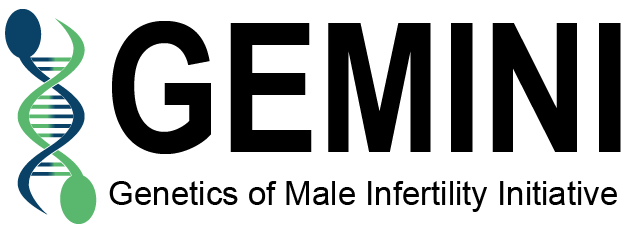Variant PNLDC1, Defective piRNA Processing, and Azoospermia
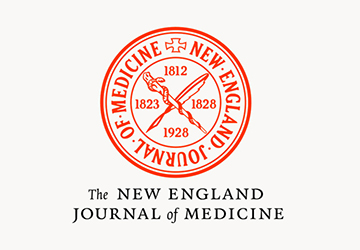
The latest paper by the GEMINI collaborators is available online in New England Journal of Medicine. Abstract BACKGROUND: P-element-induced wimpy testis (PIWI)-interacting RNAs (piRNAs) are short (21 to 35 nucleotides in length) and noncoding and are found almost exclusively in germ cells, where they regulate aberrant expression of transposable elements and postmeiotic gene expression. Critical […]
Variants in GCNA, X-linked germ-cell genome integrity gene, identified in men with primary spermatogenic failure
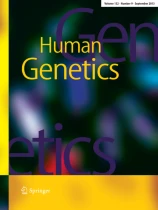
The latest paper by the GEMINI Consortium is available online in Human Genetics. Abstract Male infertility impacts millions of couples yet, the etiology of primary infertility remains largely unknown. A critical element of successful spermatogenesis is maintenance of genome integrity. Here, we present a genomic study of spermatogenic failure (SPGF). Our initial analysis (n = 176) did […]
Lack of evidence for a role of PIWIL1 variants in human male infertility
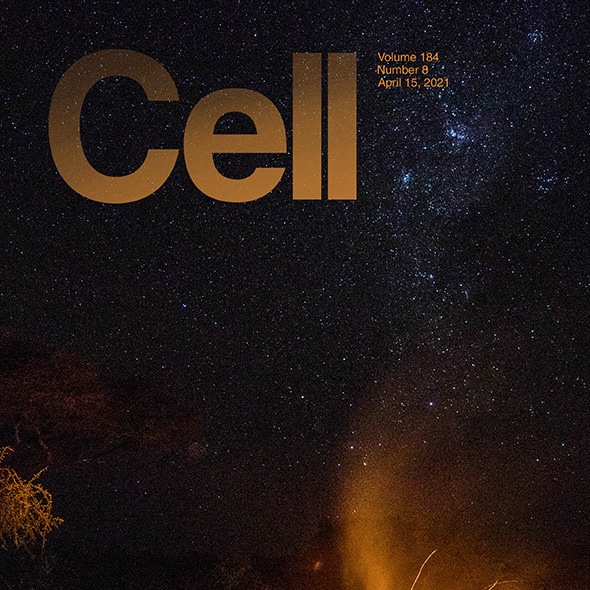
A letter published in Cell by GEMINI collaborators – disputing previous claims about the role of PIWIL1 D-box region mutations in human azoospermia – is now available online.
The Sertoli cell expressed gene secernin-1 (Scrn1) is dispensable for male fertility in the mouse
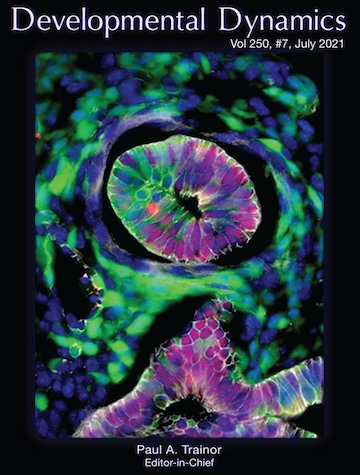
The latest paper from GEMINI collaborators is now available online in Developmental Dynamics. Abstract BACKGROUND: Male infertility is a prevalent clinical presentation for which there is likely a strong genetic component due to the thousands of genes required for spermatogenesis. Within this study we investigated the role of the gene Scrn1 in male fertility. Scrn1 […]
Disruption of human meiotic telomere complex genes TERB1, TERB2 and MAJIN in men with non-obstructive azoospermia

The latest paper from GEMINI collaborators is now available online in Human Genetics. Abstract Non-obstructive azoospermia (NOA), the lack of spermatozoa in semen due to impaired spermatogenesis affects nearly 1% of men. In about half of cases, an underlying cause for NOA cannot be identified. This study aimed to identify novel variants associated with idiopathic […]
Genetic dissection of spermatogenic arrest through exome analysis: clinical implications for the management of azoospermic men
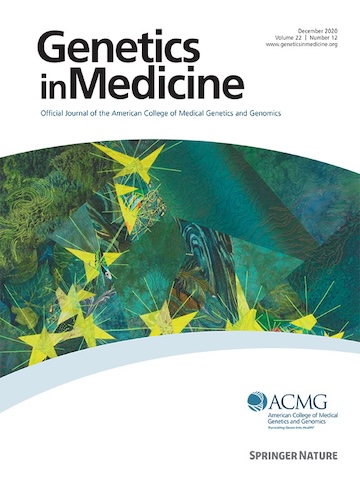
The latest paper from GEMINI collaborators is now available online in Genetics in Medicine. Abstract PURPOSE: Azoospermia affects 1% of men and it can be the consequence of spermatogenic maturation arrest (MA). Although the etiology of MA is likely to be of genetic origin, only 13 genes have been reported as recurrent potential causes of […]
Bi-allelic Mutations in M1AP Are a Frequent Cause of Meiotic Arrest and Severely Impaired Spermatogenesis Leading to Male Infertility
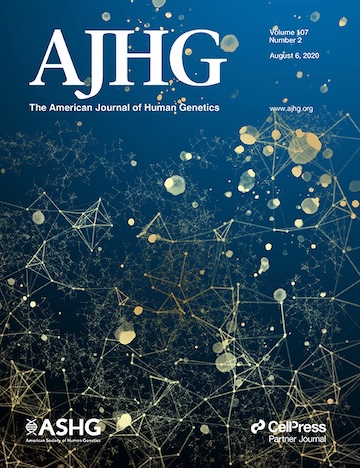
The latest paper with GEMINI collaborators is now available online in the American Journal of Human Genetics. Congratulations! Abstract Male infertility affects ∼7% of men, but its causes remain poorly understood. The most severe form is non-obstructive azoospermia (NOA), which is, in part, caused by an arrest at meiosis. So far, only a few validated […]
A framework for high-resolution phenotyping of candidate male infertility mutants: from human to mouse

The latest paper from GEMINI collaborators in Australia is now available online in Human Genetics. Congratulations! Abstract Male infertility is a heterogeneous condition of largely unknown etiology that affects at least 7% of men worldwide. Classical genetic approaches and emerging next-generation sequencing studies support genetic variants as a frequent cause of male infertility. Meanwhile, the […]
Semen quality is affected by HLA class I alleles together with sexually transmitted diseases
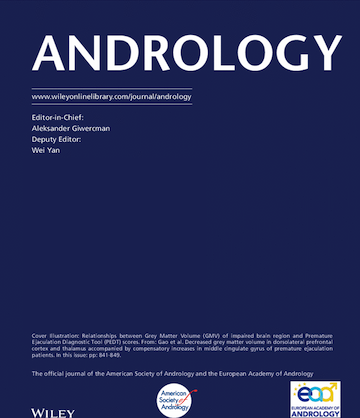
The latest paper from GEMINI collaborators in Portugal is now published online in Andrology. Abstract Background: The human leukocyte antigen (HLA) locus includes several genes with key roles in antigen presentation and immune response, some of them inclusively found to be associated with non-obstructive azoospermia. Still, HLA connections to other infertility phenotypes such as semen hyperviscosity (SHV), asthenozoospermia (AST), […]
Bi-allelic recessive loss-of-function variants in FANCM cause non-obstructive azoospermia
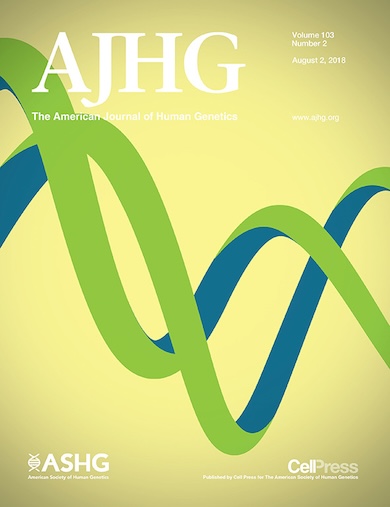
The latest paper from GEMINI collaborators is now published online at American Journal of Human Genetics. Congratulations! Abstract Infertility affects around 7% of men worldwide. Idiopathic non-obstructive azoospermia (NOA) is defined as the absence of spermatozoa in the ejaculate due to failed spermatogenesis. There is a high probability that NOA is caused by rare genetic […]
